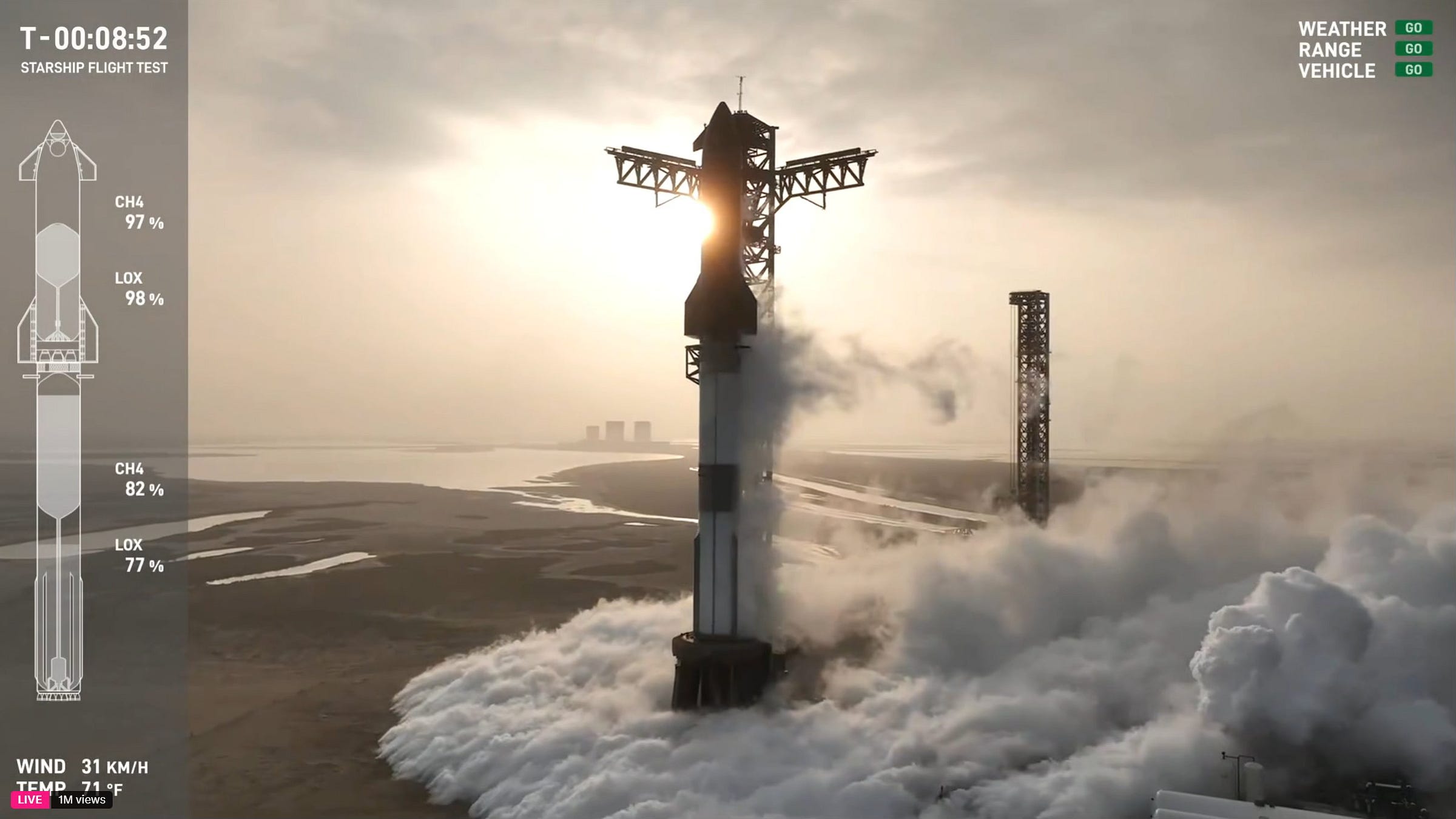Right now I’m on the 10th chapter of ‘The Wright Brothers’ By David McCullough and there’s a mention of a news article titled, “The Monarchs of the Air” by James A. Edgerton.
“Most of use can remember when the automobile was a novelty. The writer is under forty, yet recalls the time when the first “horseless wagon” was used, and it was only about a score of years ago… The machine was a big clumsy affair, with large wheels, uncertain steering apparatus, and was run by a very noisy steam engine. This was so great a failure that it was some years before another crosses my field of vision. Now they are as common as millionaires.
If the automobile could be vastly improved in so short a time, who can predict what may cocoas in the field of aerial navigation now that the principle has actually been discovered and is before the world? Is it not possible that it will revolutionise human affairs in as radical way as did the discovery of the use of steam?
In all this stupendous change going on before our very eyes the Wright Brothers are the chief magicians. They are the leaders and pioneers.”
This paragraph highlights so much that is going on the world of AI right now. About three decades ago we got the internet for the first time and today we are standing on the cusp of an invention that can revolutionise everything around us. It started with playing Chess then, Go— and now, it can code, drive, even write better than most humans.
And VCs around the world are spending billions on creating an AI that does it all. It is an eventuality, only thing that is keeping the AGI at bay is ‘time’.
Even AI few years ago was a clumsy affair, slow to function, uncertain, making delirious mistakes— even racist of sorts. But, in the last few years it has changed a lot. It has evolved a lot and it’ll continue getting better.
The author then goes on to mention how “six months earlier the numbers of builders of airplanes in Paris and vicinity amounted to less than half a dozen. On April 25th, the New York Times reported that no fewer than fifteen factories were now in full operation”.
Here, again we see a repetition of what happened with AI— In 2010 it was just OpenMind and within few years there are ChatGPT, Claude, and numerous other AI related startups that have popped up all over the world. And they aren’t just revolutionising how we write or research but, everything from driving, biotechnology, the content we consume, the roads we choose drive on, the food we eat, now, even the medicines we consume.
On a similar note… “Path to Invention”
This is true with almost every invention— it follows a similar trajectory— 1st: ridicule, 2nd: Alchemy, then Breakout.
If we look at each in detail then, a pattern emerges:
Ridicule: Because, for an invention to come into existence, you have to look at the world from a different perspective and when you do that—You are bound to be ridiculed. Don’t feel bad about it— it’s part of the process. If you’ve not be ridiculed enough—You are doing something wrong.
Alchemy: Often when people work on finding something new, they have to learn new things. Most inventions in the world were a result of mixing two or more disciplines— for you to be able to invent something new, you’ll have to merge two or more subjects and when you do that you’ll be ridiculed by ‘mono-disciples’ of subjects you’re borrowing your ideas from. So, don’t feel bad, be shameless about it.
Experiment: Invention is nonlinear: you try, you fail, you learn. Then—You try again. This seems futile from the onset but, it is an essential feature of nonlinearity of invention.—You can’t escape it. So, why not go all the way in?
Breakthrough: This is not as exciting as it may seem—this moment is not the “eureka” moment that people think it is. It’s more subtle— here, you know the “thing” can work— Here, you understand that the idea is workable; a ‘mental click’ of sorts. Don’t stop here, although, you can take a breather but, not for long. This is just the beginning of the journey.
Build: Theorisation in itself is a limitation so, build— this is harder than most of the things you’ve done in the past. But, be ruthless, don’t give-up. If you do, you have wasted the compounding effect that could have happened over the next generations. So, do it for the next generation who’ll walk on this earth.
Recognition: This is very fickle. It rarely lasts, so, don’t get attached to it. The society will resist, misunderstand, or even dismiss it— until it doesn’t. You might not even be recognised long after you are gone, don’t fret. Even Nicola Tesla died poor; so, who are we to ask for recognition?
So, keep at it!
Thanks for Reading…


